By the sea
The story of Adzmin Fatta
Programme Manager, Reef Check Malaysia and Head of Organization, Green Semporna
Script: Foong Li Mei & Tuan Nini
Illustration: Tuan Nini
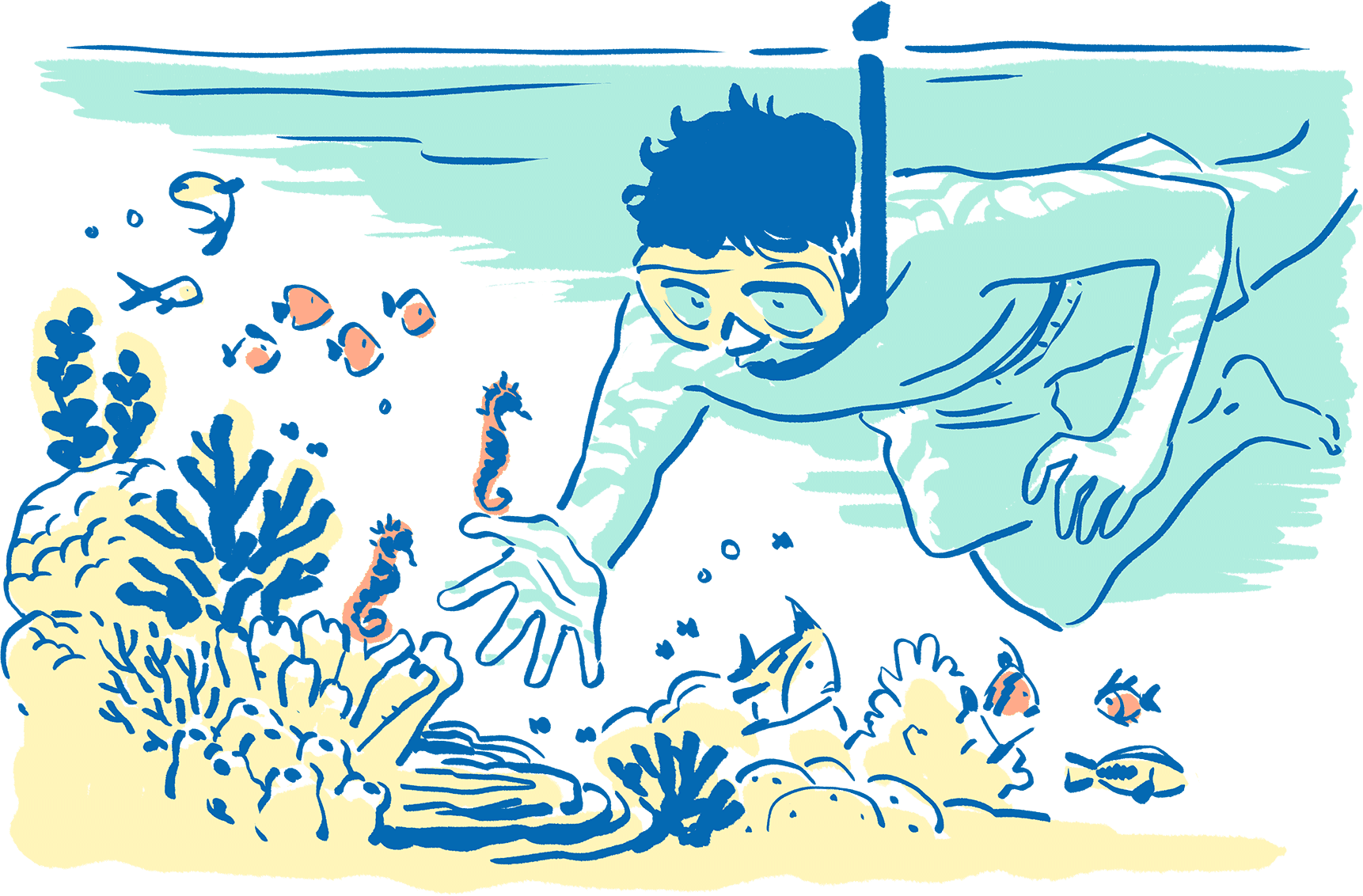
Comics > The story of Adzmin Fatta 1/12
I grew up with the sea. My house was built on stilts in the water at the coast of Semporna, which is a collection of small islands in Sabah, Malaysia. But I never had much interest in the waters that I had often jumped into with my friends.
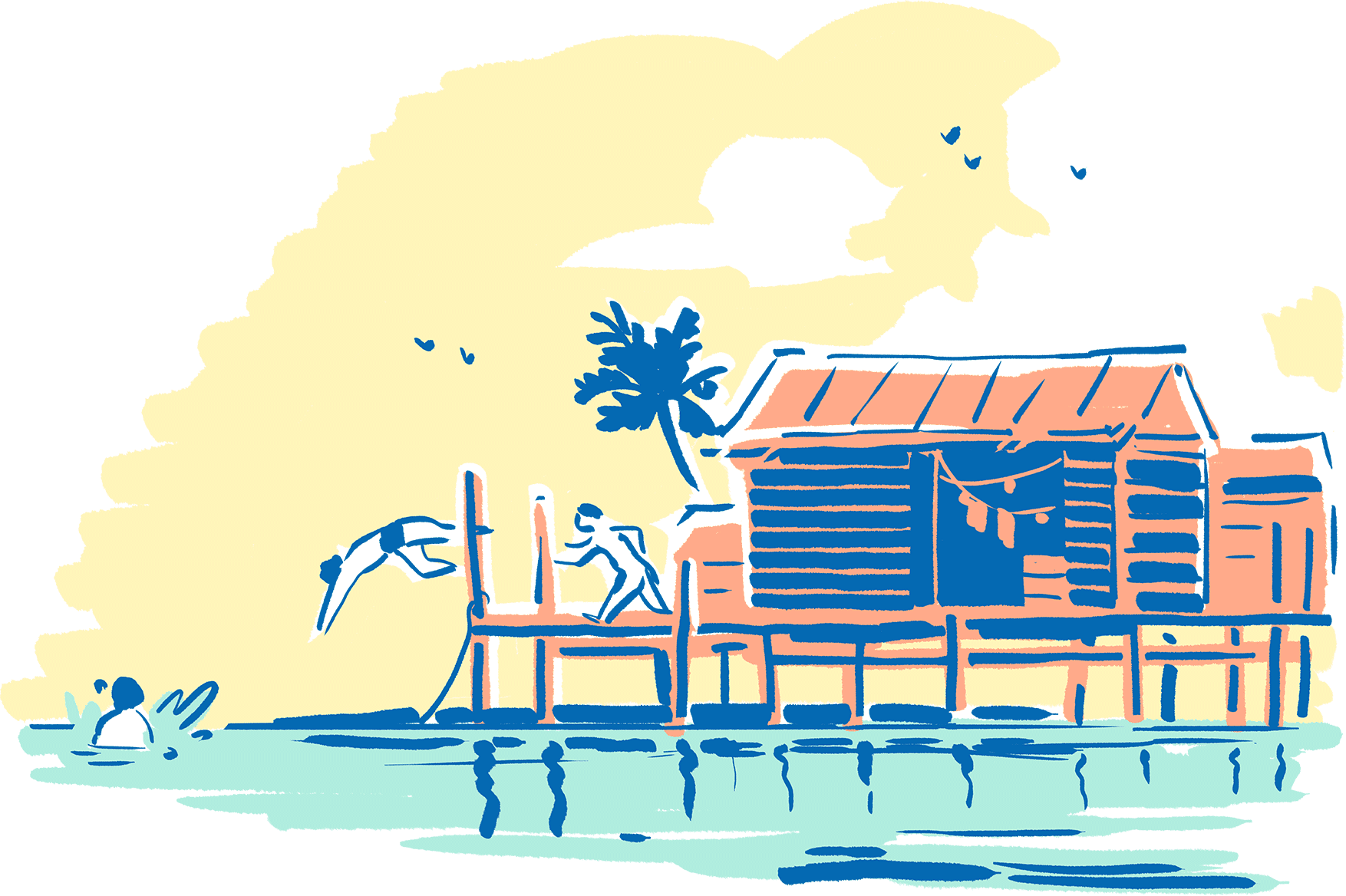
Comics > The story of Adzmin Fatta 2/12
You’d think that seeing the dead fish and rubbish washed up on the shore around my home all the time would anger me, or move me to action. It didn’t. Because that was all I knew—I grew up thinking that dead fish and rubbish is normal for the sea.
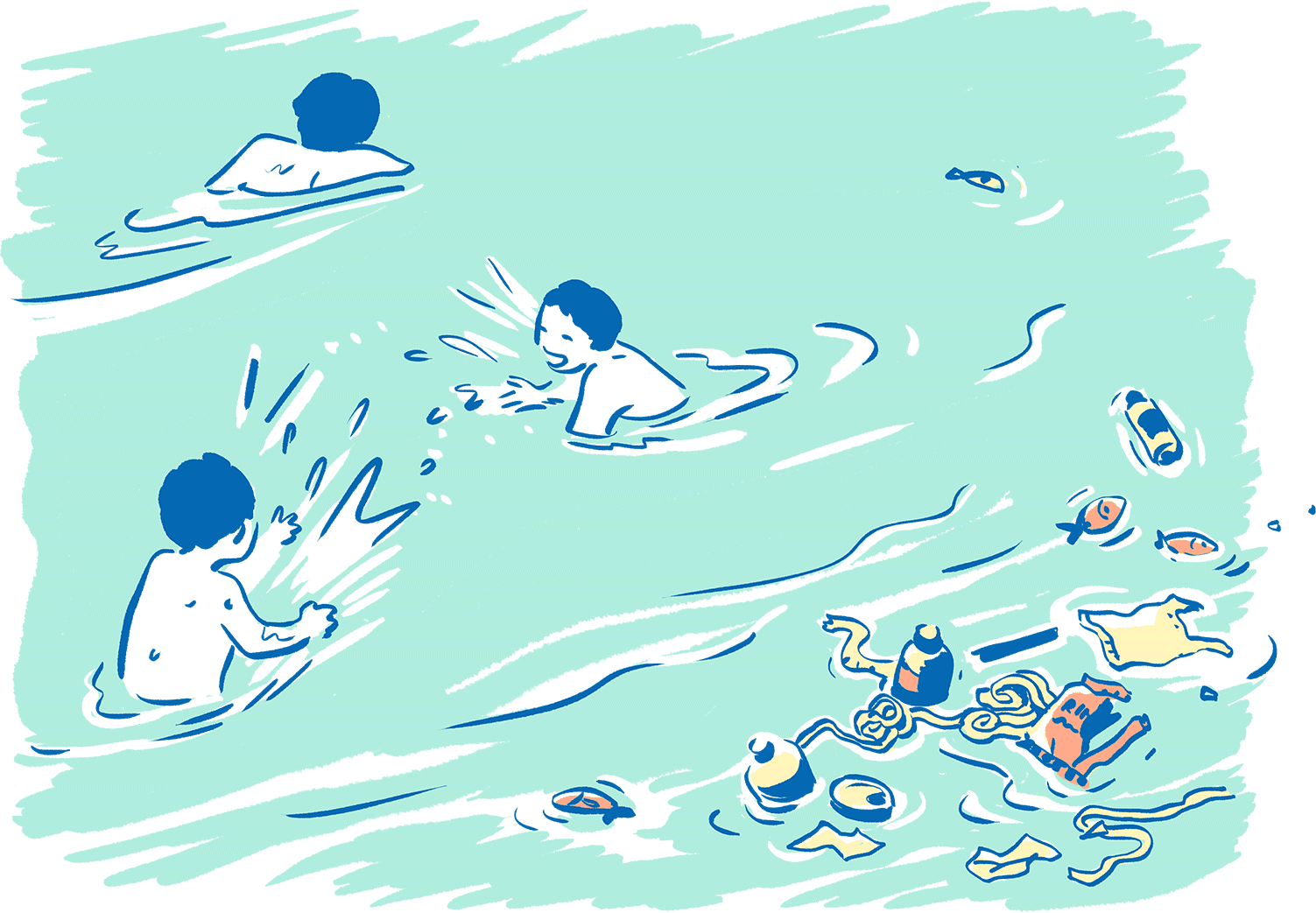
Comics > The story of Adzmin Fatta 3/12
That was until I joined an environmental camp when I was 18, which took me to the pristine waters of an island within Semporna itself. The turquoise waters stretched endlessly. The vibrant reefs were nothing like the grey, sharp dead corals near my home.
I was awestruck. I, who lived with the sea, took 18 years to see its true wonders for the first time.

Comics > The story of Adzmin Fatta 4/12
As they say, you can’t protect something you don’t love, and you can’t love something that you don’t know. I fell in love with the sea, hard. The sea that sustains life.
Right out of secondary school, I started volunteering and working with ocean conservation organizations, including WWF Malaysia. Now, I am a programme manager for Reef Check Malaysia. I also co-founded Green Semporna, an NGO that seeks to empower communities through environmental leadership programmes.
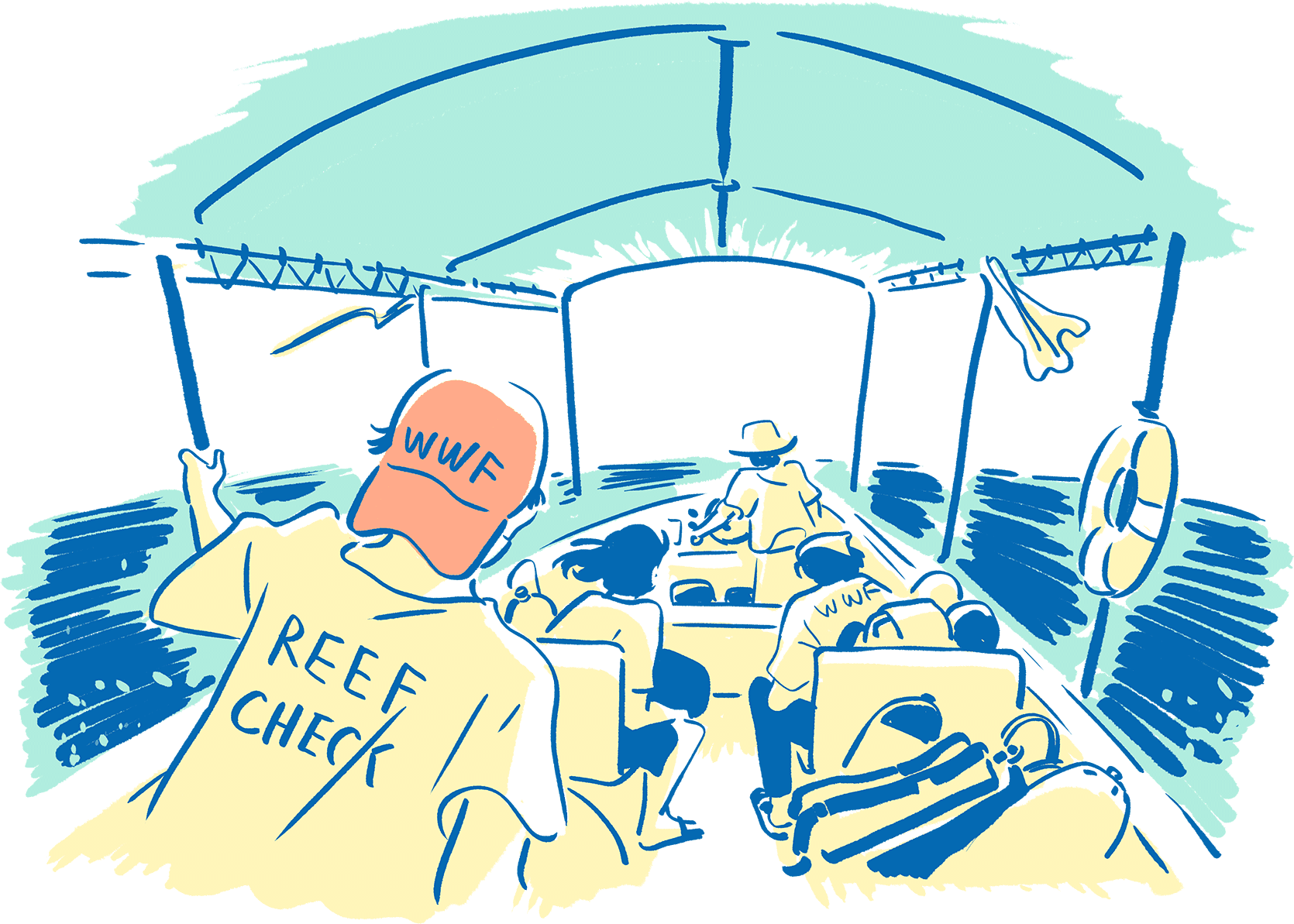
Comics > The story of Adzmin Fatta 5/12
Until today, I still don’t have a university or college degree, because I felt that taking a break for tertiary education would disconnect me from the pressing and ever-changing environmental issues.
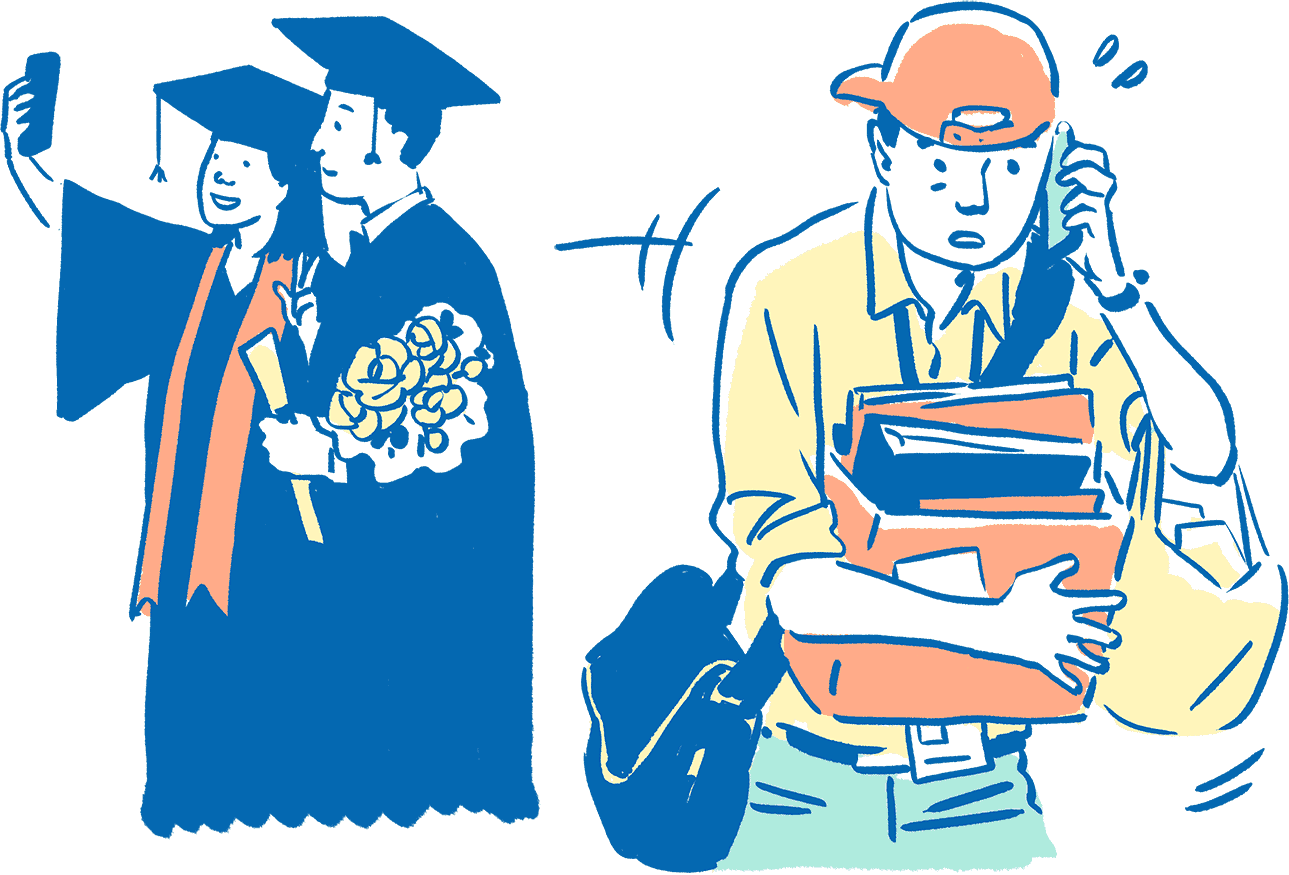
Comics > The story of Adzmin Fatta 6/12
Don’t get me wrong; I do believe that education is important. But it is also a privilege, one that many people living in the rural and coastal towns of Sabah do not have—for example, there are plenty of stateless* children who are denied schooling.
*Children without Malaysian citizenship. A child born in Malaysia does not automatically obtain citizenship, and many are denied nationality due to various challenges. Stateless people are deprived of education, employment, or healthcare. Their statelessness may also affect their children’s citizenship.
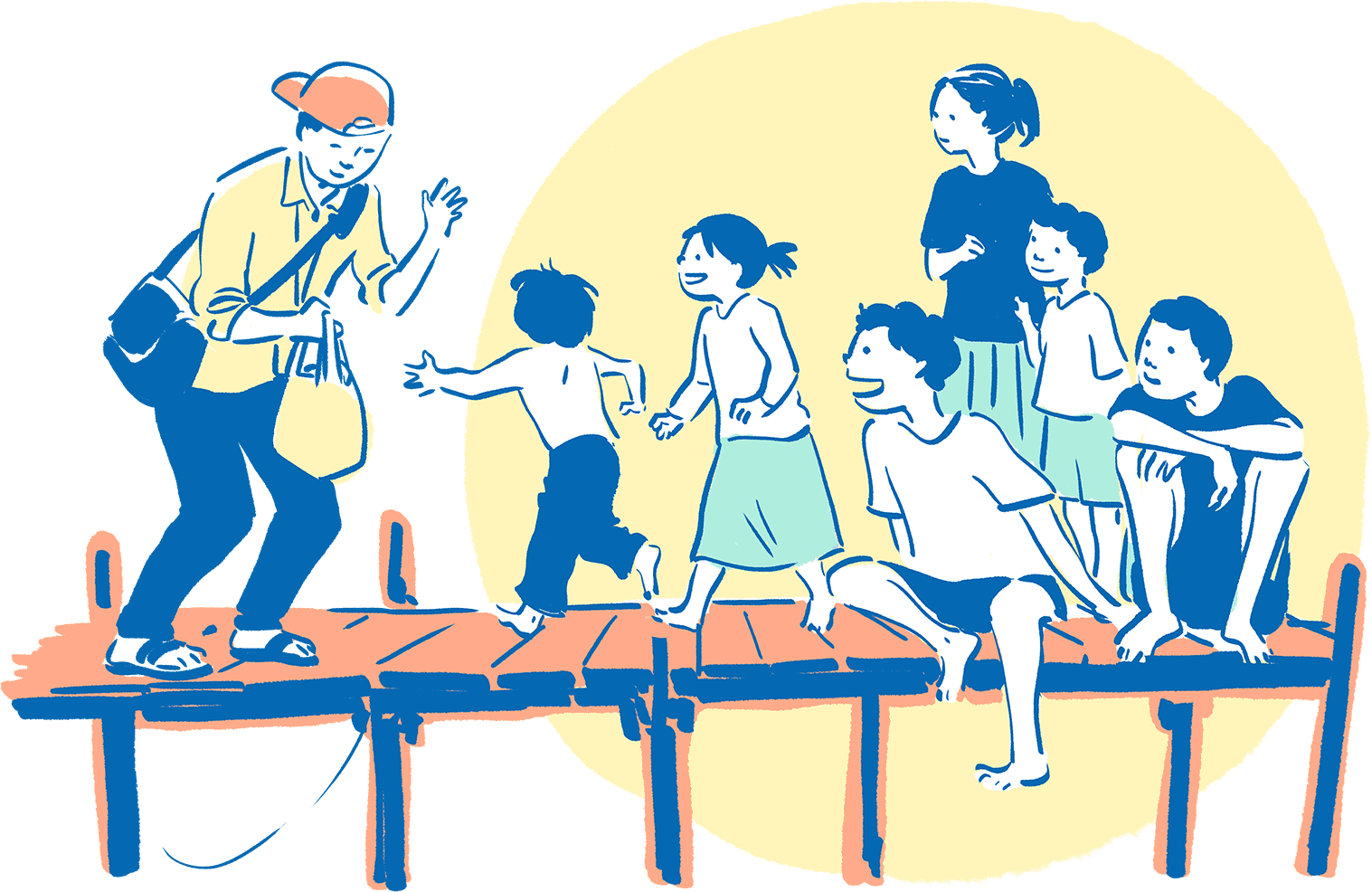
Comics > The story of Adzmin Fatta 7/12
Fortunately, high levels of education are not necessary for the pursuit of environmental work.
I think of myself as pursuing a long-term degree—my ‘professors’ are the community that I work with. They possess so much traditional acumen and practical knowledge that are invaluable to truly effect change in environmental work.
>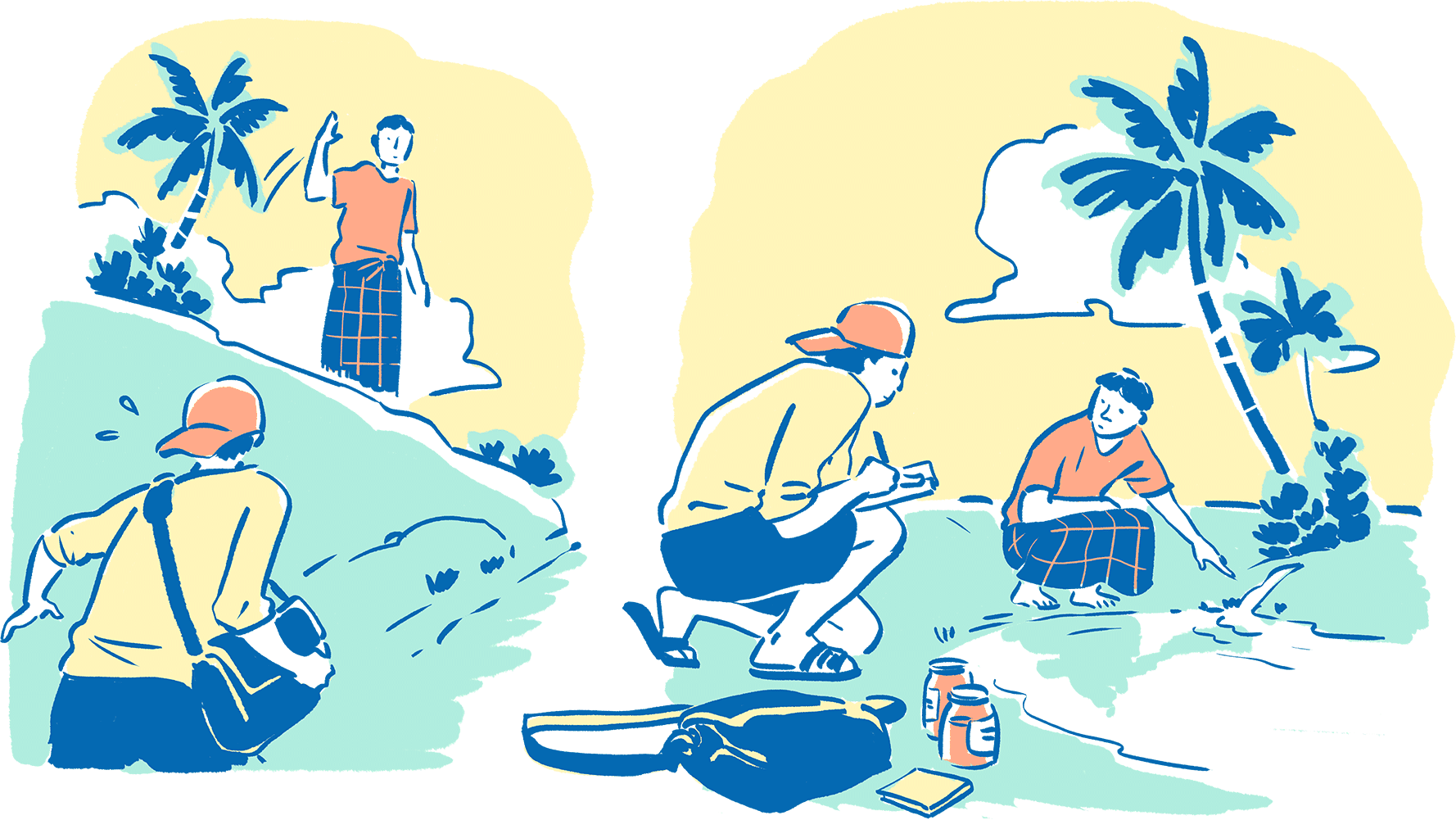
Comics > The story of Adzmin Fatta 8/12
For Reef Check Malaysia, I run an alternative livelihood programme among the residents of Mantanani Island to reduce their dependence on fishing and the illegal activities of fish-bombing.
I live with the locals. In the first two years, there was no internet and cell coverage. With no screen to be glued to, I spent time with the local folks instead, joining them in their daily activities and building rapport and trust.
>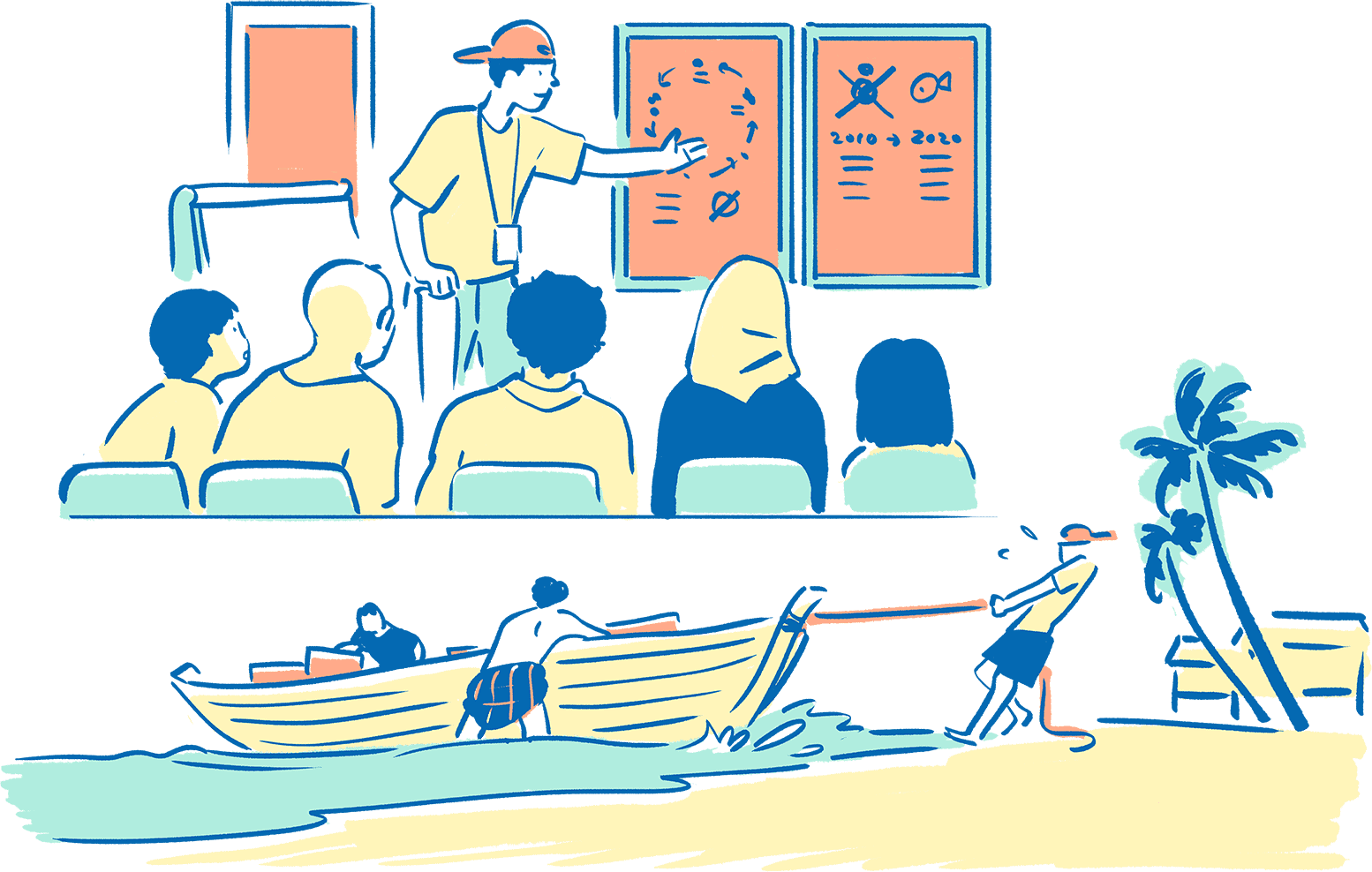
Comics > The story of Adzmin Fatta 9/12
By listening to the local communities, I learned that we cannot solve environmental problems without solving a spectrum of systemic issues.
Locals become fisherpeople and practice fish bombing because it is something they watched their parents do. Trapped in a cycle of poverty, many had limited capacity to obtain education and be exposed to the possibility of different career paths.
>The islanders also dump trash into the sea because the remote island does not have access to a waste management system. They don’t even get piped water. So they can’t bury the trash on the island and risk contaminating the groundwater they need for daily consumption.
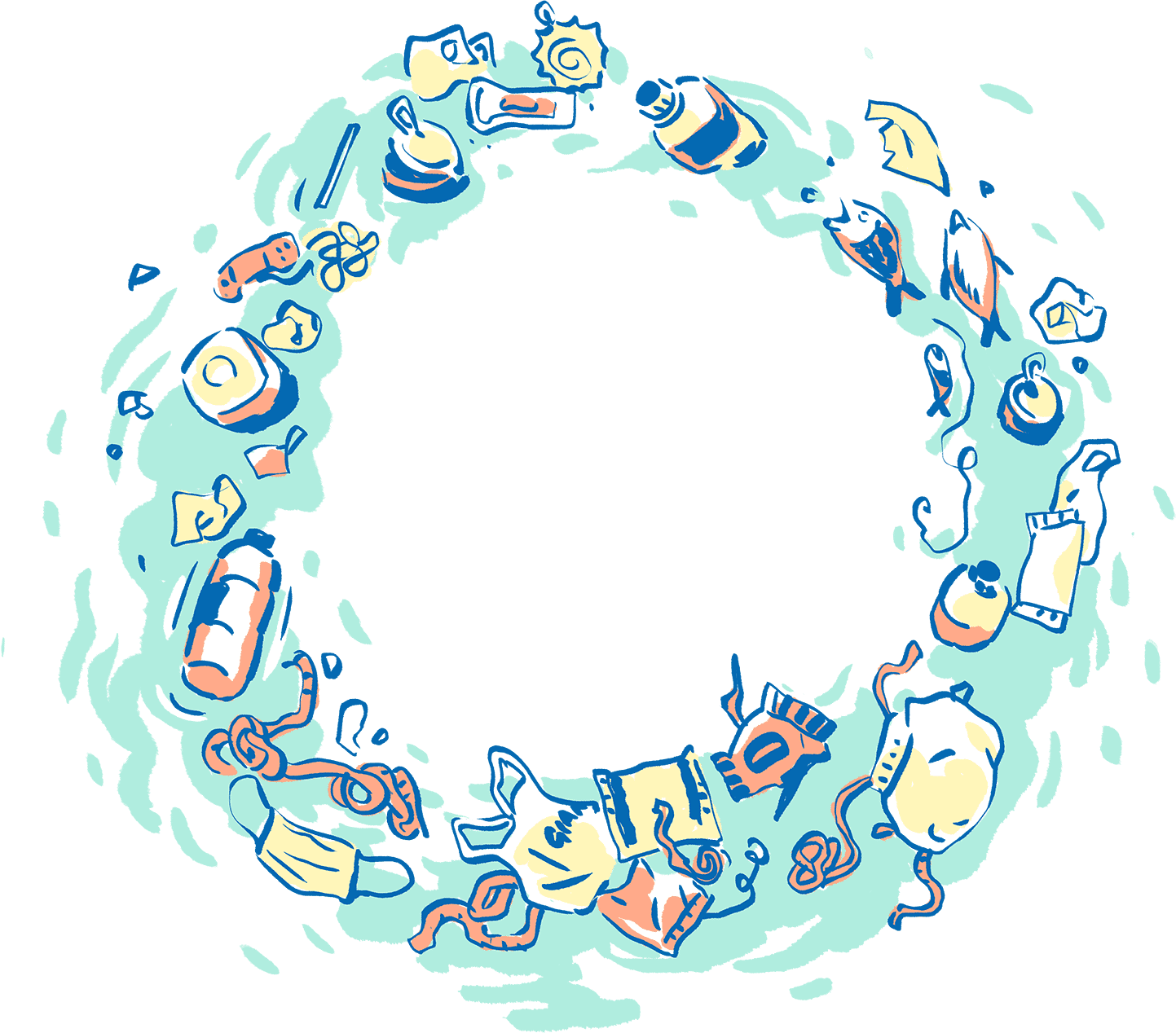
Comics > The story of Adzmin Fatta 10/12
We cannot harp on environmental protection but disconnect with the people and their economic realities.
This is why we came up with the alternative livelihood programme on Mantanani Island, like running homestay businesses and making coconut oil. We showed that they can co-exist with the environment without losing income.
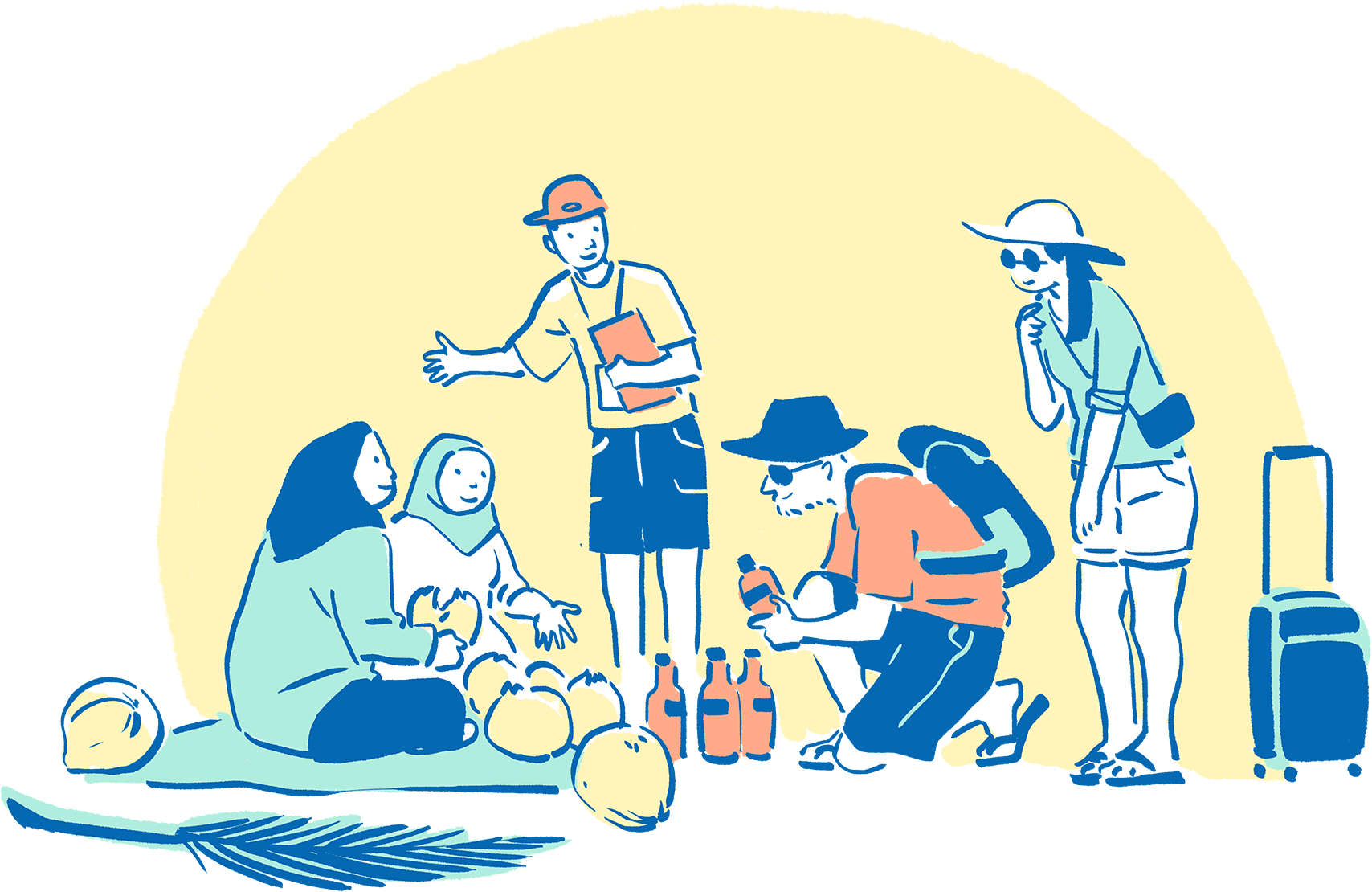
Comics > The story of Adzmin Fatta 11/12
Effective conservation efforts involve navigating relationships with the local communities, government representatives and international corporations. This can be emotionally draining. You cannot do this work in isolation; you need friends and mentors to provide advice and support.
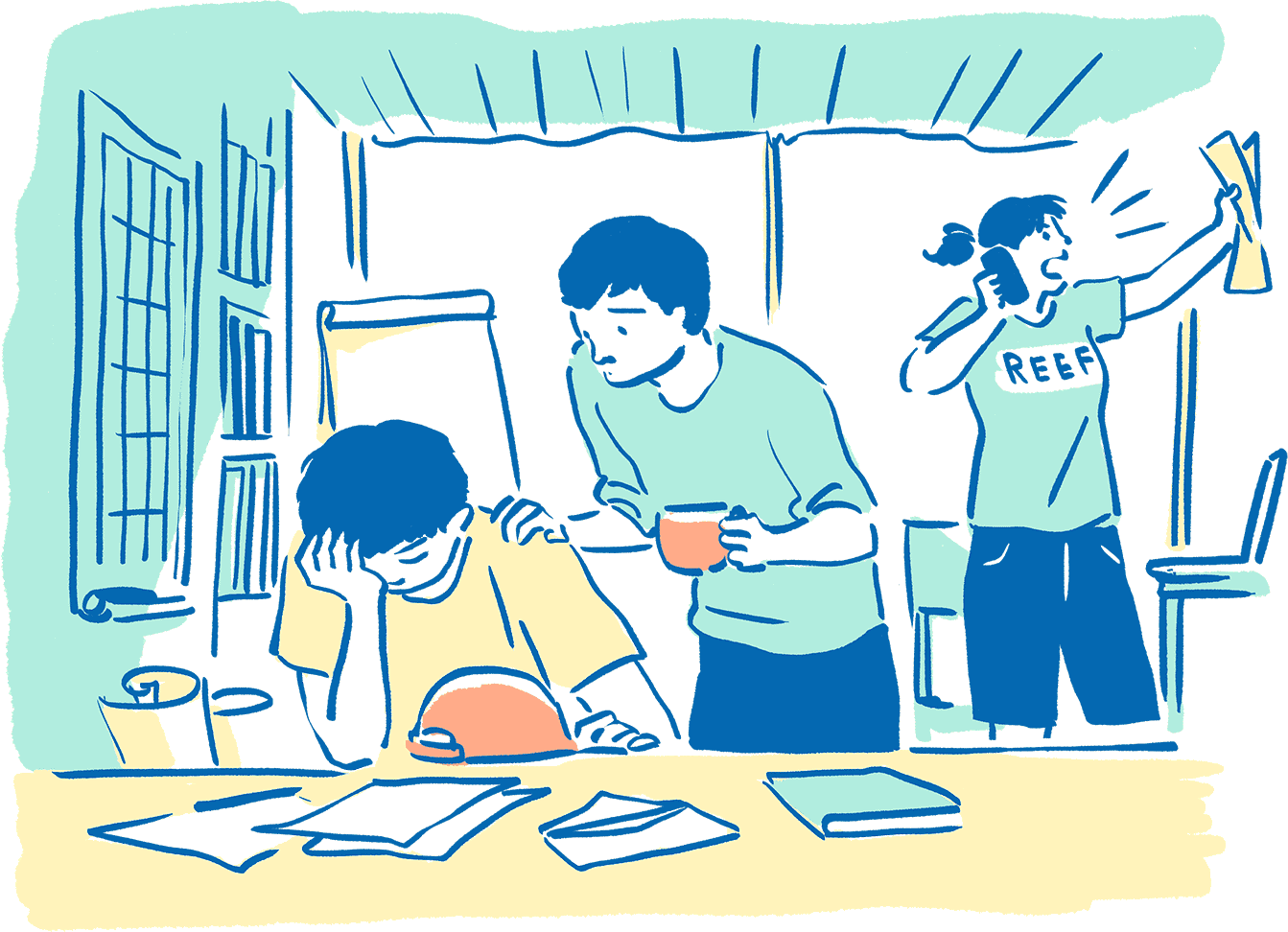
Comics > The story of Adzmin Fatta 12/12
The ultimate remedy, however, is the sea.
I love diving. The peace I feel being enveloped by the water restores me. This is not the sea I knew growing up. This is the sea I want those growing up to know. And this keeps me fighting, listening and learning.
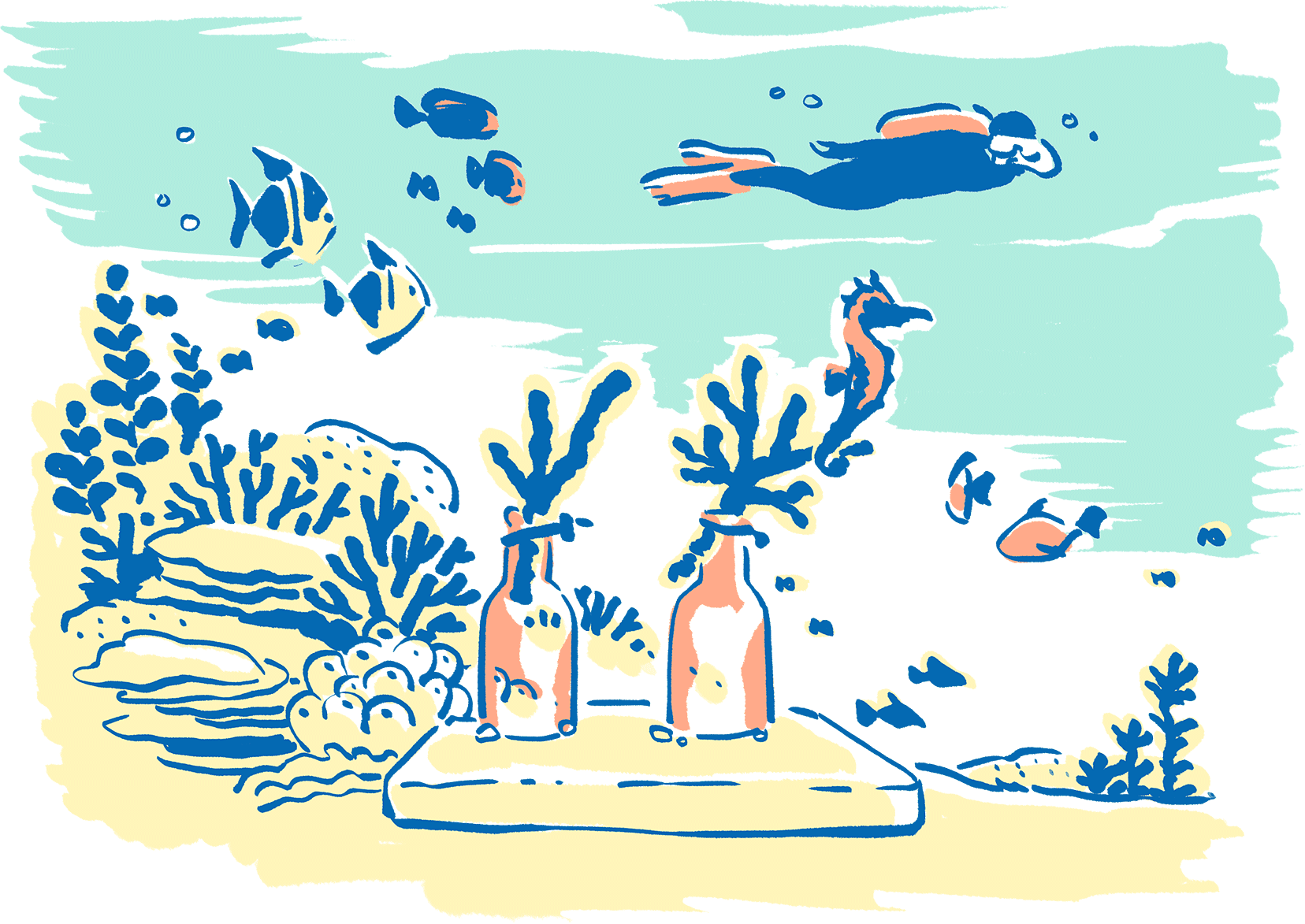
Join our newsletter
To learn more, including how to change your settings, see our Cookies Policy.
